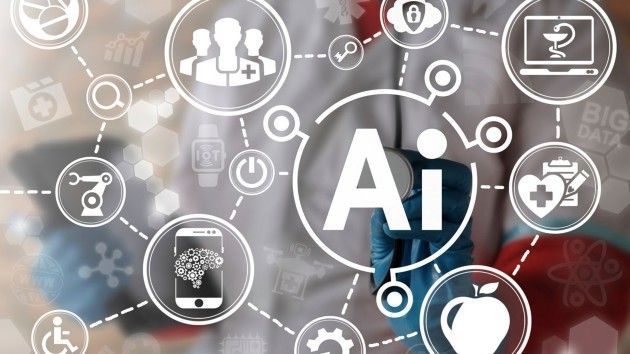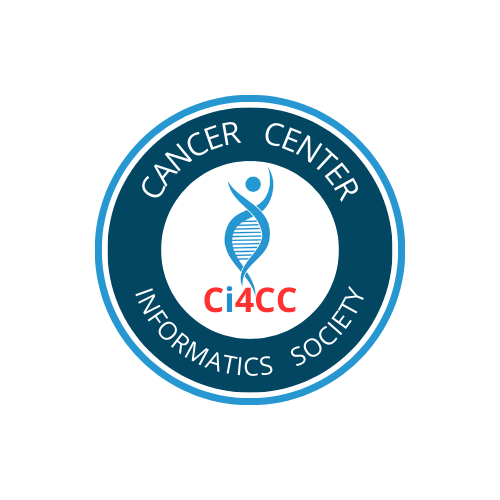December 6, 2025
Press Release November 2025: Oracle and Ci4CC Partner to Accelerate Oncology Innovation Strategic collaboration to leverage Ci4CC’s national network and Oracle’s technology to help advance AI in oncology, EHR interoperability, next-gen clinical trials, and personalized medicine 24th Cancer Center Informatics Society Symposium - MIAMI BEACH, Florida – November 7, 2025 – Oracle Health and Life Sciences and the Cancer Center Informatics Society (Ci4CC), a nonprofit uniting cancer centers, researchers, and industry innovators, are collaborating to advance AI innovation in oncology care and research. The collaboration aims to bring together Oracle’s technology with Ci4CC’s Initiatives Program and national network of NCI-Designated and Community Care Cancer Centers. The two organizations plan to collaborate to design an EHR optimized for cancer care. “Cancer remains a leading cause of death worldwide, but AI and data science have become powerful allies in the fight,” said Seema Verma, executive vice president and general manager, Oracle Health and Life Sciences. “Combining Ci4CC’s unparalleled expertise and network with our state-of-the-art proven AI-powered healthcare applications, we have the opportunity to accelerate discoveries that can help cure cancer.” The strategic collaboration intends to develop initiatives across oncology care and clinical research. This includes integrating clinical and genomic data for personalized medicine solutions, pioneering AI-driven approaches for clinical trial innovation and drug development, establishing robust real-world evidence frameworks, and advancing precision oncology platforms. “This alliance with Oracle marks a significant milestone for Ci4CC and our mission to further cancer informatics,” said Sorena Nadaf-Rahrov, MS, MMI, PhDc, President & CEO - Cancer Center Informatics Society. “Advancements in cancer research and clinical care are not achieved in isolation. That’s why fostering such collaborative networks is fundamental to our Initiatives Program, and central to the Society’s mission. By integrating Oracle’s cutting-edge and AI-enabled technology with real-world data from our national network of NCI-Designated and Community Cancer Centers, we hope to incubate and operationalize initiatives that will redefine cancer research and patient care. Turning data into knowledge, and knowledge into health continues to drive the Cancer Center Informatics Society forward.” Oracle NewsRoom: https://www.oracle.com/news/announcement/oracle-and-ci4cc-partner-to-accelerate-oncology-innovation-2025-11-07/ PR Newswire: https://www.prnewswire.com/news-releases/oracle-and-ci4cc-partner-to-accelerate-oncology-innovation-302608712.html





